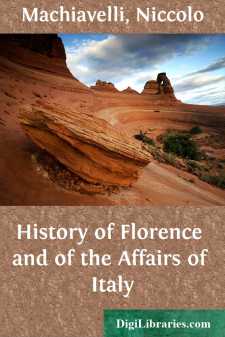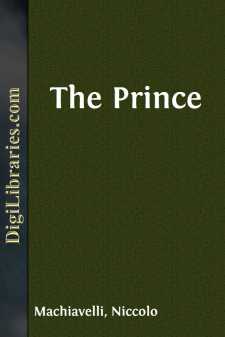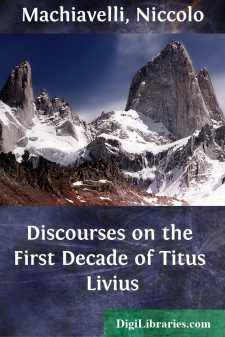Categories
- Antiques & Collectibles 13
- Architecture 36
- Art 48
- Bibles 22
- Biography & Autobiography 813
- Body, Mind & Spirit 142
- Business & Economics 28
- Children's Books 17
- Children's Fiction 14
- Computers 4
- Cooking 94
- Crafts & Hobbies 4
- Drama 346
- Education 46
- Family & Relationships 57
- Fiction 11829
- Games 19
- Gardening 17
- Health & Fitness 34
- History 1377
- House & Home 1
- Humor 147
- Juvenile Fiction 1873
- Juvenile Nonfiction 202
- Language Arts & Disciplines 88
- Law 16
- Literary Collections 686
- Literary Criticism 179
- Mathematics 13
- Medical 41
- Music 40
- Nature 179
- Non-Classifiable 1768
- Performing Arts 7
- Periodicals 1453
- Philosophy 64
- Photography 2
- Poetry 896
- Political Science 203
- Psychology 42
- Reference 154
- Religion 513
- Science 126
- Self-Help 84
- Social Science 81
- Sports & Recreation 34
- Study Aids 3
- Technology & Engineering 59
- Transportation 23
- Travel 463
- True Crime 29
History of Florence and of the Affairs of Italy
Categories:
Description:
Excerpt
INTRODUCTION
Niccolo Machiavelli, the first great Italian historian, and one of the most eminent political writers of any age or country, was born at Florence, May 3, 1469. He was of an old though not wealthy Tuscan family, his father, who was a jurist, dying when Niccolo was sixteen years old. We know nothing of Machiavelli's youth and little about his studies. He does not seem to have received the usual humanistic education of his time, as he knew no Greek.[*] The first notice of Machiavelli is in 1498 when we find him holding the office of Secretary in the second Chancery of the Signoria, which office he retained till the downfall of the Florentine Republic in 1512. His unusual ability was soon recognized, and in 1500 he was sent on a mission to Louis XII. of France, and afterward on an embassy to Cæsar Borgia, the lord of Romagna, at Urbino. Machiavelli's report and description of this and subsequent embassies to this prince, shows his undisguised admiration for the courage and cunning of Cæsar, who was a master in the application of the principles afterwards exposed in such a skillful and uncompromising manner by Machiavelli in his Prince.
The limits of this introduction will not permit us to follow with any detail the many important duties with which he was charged by his native state, all of which he fulfilled with the utmost fidelity and with consummate skill. When, after the battle of Ravenna in 1512 the holy league determined upon the downfall of Pier Soderini, Gonfaloniere of the Florentine Republic, and the restoration of the Medici, the efforts of Machiavelli, who was an ardent republican, were in vain; the troops he had helped to organize fled before the Spaniards and the Medici were returned to power. Machiavelli attempted to conciliate his new masters, but he was deprived of his office, and being accused in the following year of participation in the conspiracy of Boccoli and Capponi, he was imprisoned and tortured, though afterward set at liberty by Pope Leo X. He now retired to a small estate near San Casciano, seven miles from Florence. Here he devoted himself to political and historical studies, and though apparently retired from public life, his letters show the deep and passionate interest he took in the political vicissitudes through which Italy was then passing, and in all of which the singleness of purpose with which he continued to advance his native Florence, is clearly manifested. It was during his retirement upon his little estate at San Casciano that Machiavelli wrote The Prince, the most famous of all his writings, and here also he had begun a much more extensive work, his Discourses on the Decades of Livy, which continued to occupy him for several years. These Discourses, which do not form a continuous commentary on Livy, give Machiavelli an opportunity to express his own views on the government of the state, a task for which his long and varied political experience, and an assiduous study of the ancients rendered him eminently qualified....




